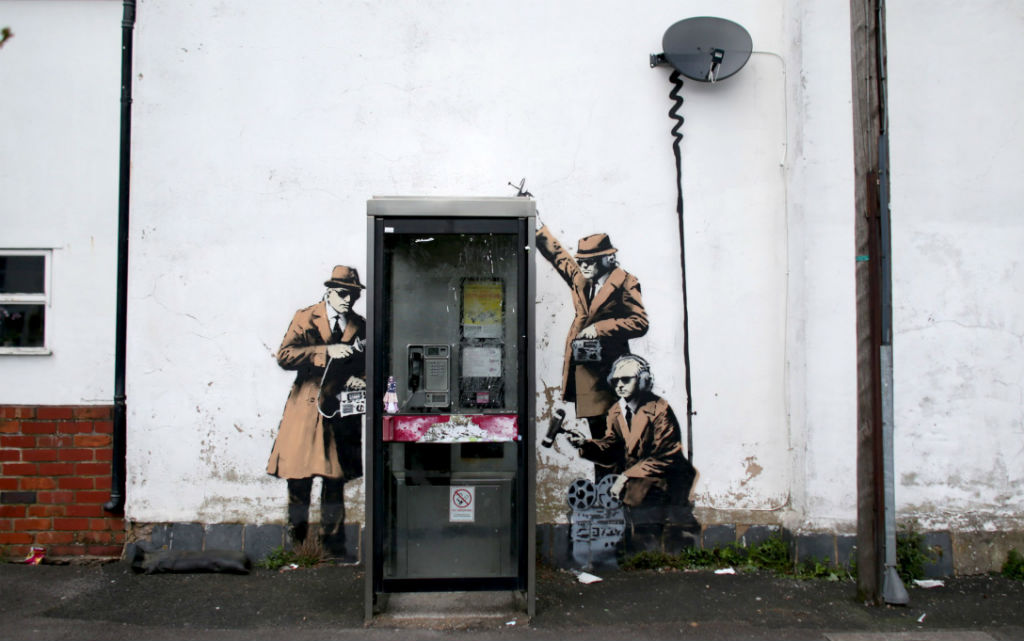Draft Investigatory Powers Bill: “Snooper’s Charter” puts UK tech sector in jeopardy, MPs warn

A group of MPs has warned that the cost of implementing new legislation designed to give the government greater surveillance powers could put the UK's thriving technology sector in jeopardy.
The cross-party group of MPs has warned that a lack of clarity in the so-called Snooper's Charter risks undermining UK tech by adding burdensome costs to businesses and potentially putting them at a commercial disadvantage compared to foreign companies.
“The current lack of clarity within the Draft Investigatory Powers Bill is causing concern amongst businesses," said Conservative MP Nicola Blackwood who chairs the science and technology committee.
"There are widespread doubts over the definition, not to mention the definability, of a number of the terms used in the draft bill. The government must urgently review the legislation so that the obligations on the industry are clear and proportionate.”
Leading tech companies and telecoms providers, including Apple, Google, Facebook and Vodafone, have already raised concerns about the new measures, which the government believes will give it greater powers to tackle extremism and crime by handing the police and intelligence agencies greater access to online data and information.
The bill calls for internet records to be stored for years, however, the committee criticised the "very broad and ambiguous definitions" in relation to this and called for the government to foot the bill.
"The evidence we heard suggests there are still many unanswered questions about how this legislation will work in the fast evolving world of communications technology. There are good grounds to believe that without further refinement, there could be many unintended consequences for commerce arising from the current lack of clarity of the terms and scope of the legislation," Blackwood added.
Antony Walker, deputy chief executive of tech business group Tech UK urged the government to take the recommendations on board.
“Without that additional detail, too much of the bill will be open to interpretation, which undermines trust in both the legislation and the reputation of companies that have to comply with it," he said.
“The draft bill presents an opportunity for the UK government to develop a world leading legal framework that balances the security needs with democratic values and protects the health of our growing digital economy. But we have to get the details right.”
The committee's report seeks to address the impact of the bill on communications businesses. There is a separate joint committee also scrutinising the bill.